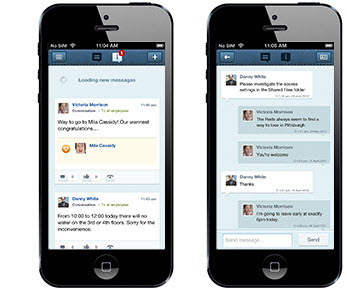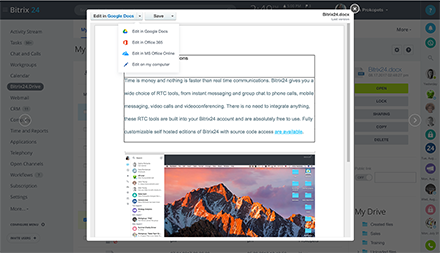When cars sell - Greenling.com story
http://www.greenling.com/
Talk about a fruitful investment. Mason Arnold relishes the attention he and his com-pany garner around Austin for driving a vehicle with a big banana on the roof. In turning people's heads, he has turned a company car into a rolling conversation starter, brand fortifier and revenue generator.
"It's the best marketing thing we've ever done,"
Arnold says of the vehicle, one of three fruit-topped Toyota Prius hybrid cars operated by his 8-year-old company, Greenling, an organic-food delivery service.
Arnold couldn't be happier with his decision to purchase a company-owned Prius and top it with a $3,000 epoxy-coated, aluminum-and-Styrofoam banana emblazoned with the company's web address. "For every dollar we spend on the banana car, we probably get $10 to $20 in return," he says, citing a survey of new customers who signed up as a direct result of seeing the vehicle, which runs about $600 per month in operating costs.
Even without a supersize piece of produce, a wisely chosen company vehicle can be a productive and versatile investment. The car Tom Turner was seeking for his legal e-discovery/tech company, DSi, didn't have to be fast, but it had to be easy to park, with enough cargo room to haul boxes of documents around downtown Nashville, Tenn. The one he ultimately chose, a $14,000 CitEcar Electro Bubble Buddy, can be described as something between a golf cart and a delivery van; it's an electric-powered utility vehicle that plugs in overnight to recharge, eliminating refueling downtime. Even better, the small vehicle can be parked on sidewalks or in vacant spots that are too small for a typical car.
The savings on fuel and parking come out to roughly $1,700 a year. And thanks to a $7,500 tax credit from the federal government for green vehicles, and the IRS' mileage deduction, Turner expects the CitEcar to pay for itself within three years and then actually start making money if he takes advantage of the mileage write-off.
[Via - Enterpreneur.com]
Free Webex Alternatives
How To Find Business Name
Top 10 Domain Name Generators
Free HipChat Competitors
Replace Salesforce With These Free CRM














